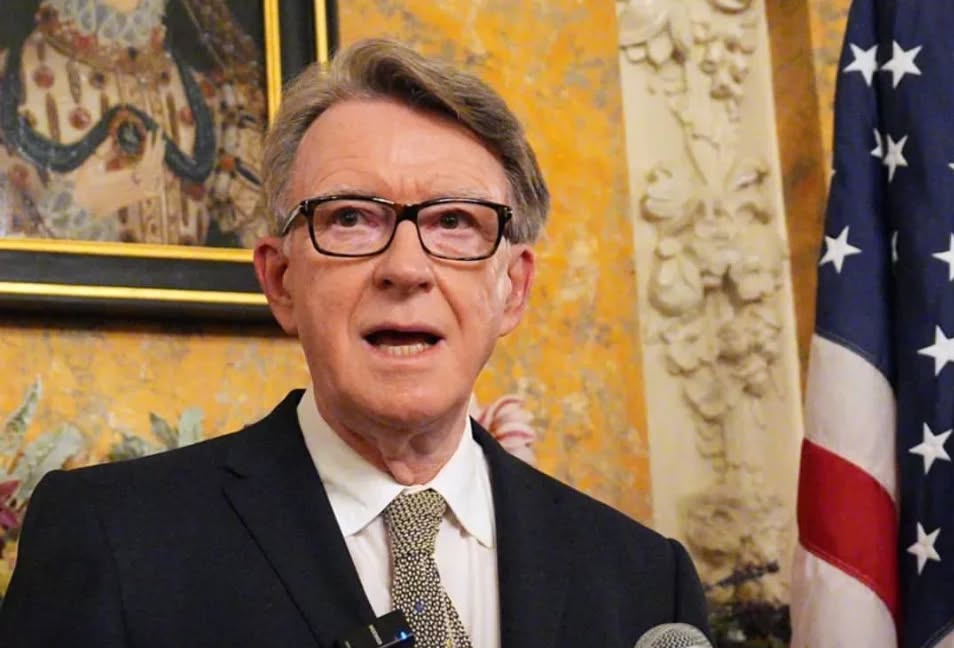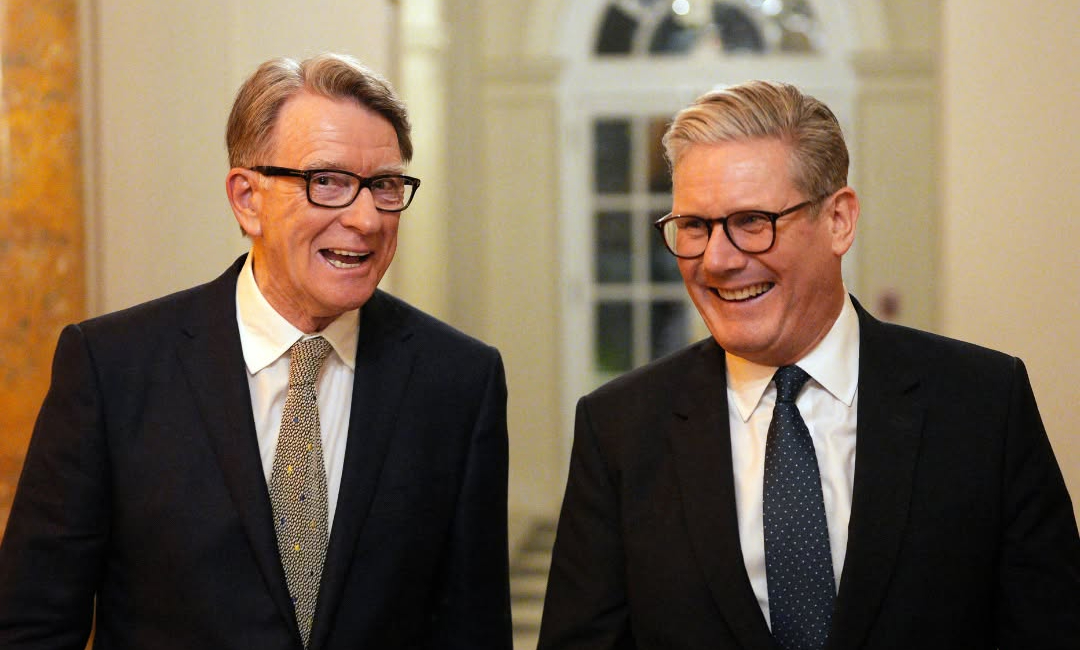When Political Appointments Crumble: What Mandelson’s Firing Reveals About Power and Accountability
The rapid and unceremonious sacking of Peter Mandelson from his post as UK Ambassador to the United States is more than just a political scandal; it's a stark lesson in the new rules of power and public accountability. Prime Minister Keir Starmer's decision to remove Mandelson came after newly surfaced emails exposed a deeper, more problematic relationship between the veteran politician and convicted sex offender Jeffrey Epstein than had ever been disclosed. The fallout reveals that in 2025, a political past is no longer just history—it's a current and active liability.
The Vetting Failure: A Crisis of Trust
The public dismissal of Mandelson has ignited a firestorm over the vetting process for top political appointments. While it was publicly known that Mandelson had socialized with Epstein, the newly released documents from the US House Oversight Committee painted a far more intimate picture. Emails from 2008 revealed that Mandelson had not just been a casual acquaintance, but a personal confidant who offered legal counsel. In one correspondence, he advised Epstein to "fight for early release" from his 2008 conviction for soliciting a minor and suggested that the conviction was wrong.
Additionally, a 2003 "birthday book" showed Mandelson referring to Epstein as "my best pal," a level of intimacy that was never disclosed during his vetting. This revelation shattered the illusion of a remote, arm's-length connection and replaced it with evidence of direct, personal support for a convicted criminal. For Starmer and the Labour government, this represents a significant crisis of trust, suggesting a profound failure in the heart of government's due diligence.
Related: Trump and Musk Go to War: Epstein Secrets at Center
Related: Peter Mandelson: From New Labour Architect to Diplomatic Downfall
The New Rules of Political Risk: From "Fixer" to "Liability"
Peter Mandelson's nickname, the "Prince of Darkness," was once a badge of honor, a tribute to his reputation as a master strategist and behind-the-scenes operator. But in 2025, that same reputation made him a prime target. The old political playbook—where a well-connected "fixer" could navigate past ethical grey areas—is no longer viable. This incident signals a new era for political risk. Revelations, no matter how old, now carry immediate and severe consequences. The Mandelson case serves as a warning shot to the entire political class: a personal history, once considered static, is now a dynamic and unpredictable risk. For politicians, every email, photograph, and past association is a potential landmine. This may lead to a more cautious, less flamboyant political culture, where a pristine past is a prerequisite for a powerful future.

Peter Mandelson
A Moral Reckoning: The Price of Complicity
The Mandelson affair is not just about a security breach or a vetting failure; it's a moral reckoning. The core issue is that in today’s political climate, supporting problematic figures—even in private correspondence—is increasingly being viewed as complicity. The ambassadorial role is meant to embody a nation's values on the world stage. Mandelson's past, which included advocating for a man convicted of child sex offenses, created an untenable contradiction. Prime Minister Starmer’s swift action to fire him shows that the government understood that inaction would have been far more damaging. It was a clear message that moral clarity is now a non-negotiable requirement for high office. For the public, this is a significant shift away from the "boys' club" mentality that once protected powerful individuals. The demand for ethical integrity is no longer a fringe issue but a central pillar of public expectation.
Related: Trump’s Tariff Threats Give Way to UK-US Trade Agreement
Related: Are Trump's tariffs illegal?














